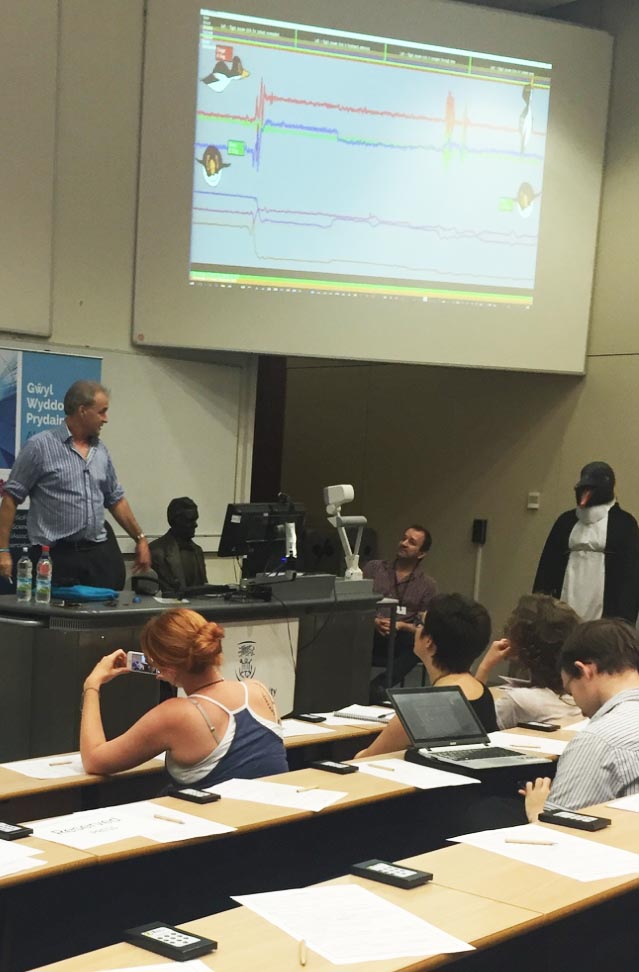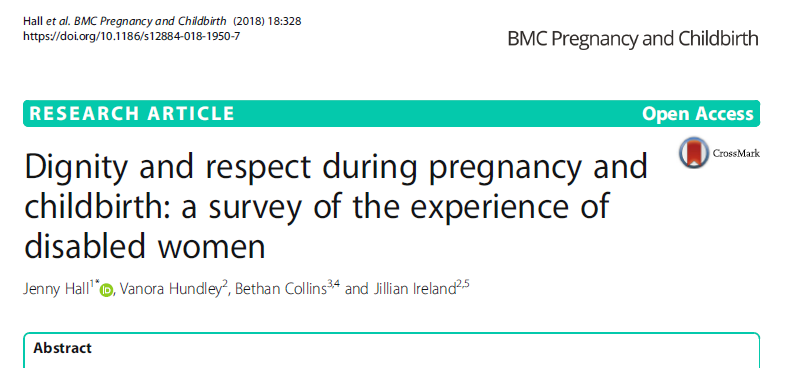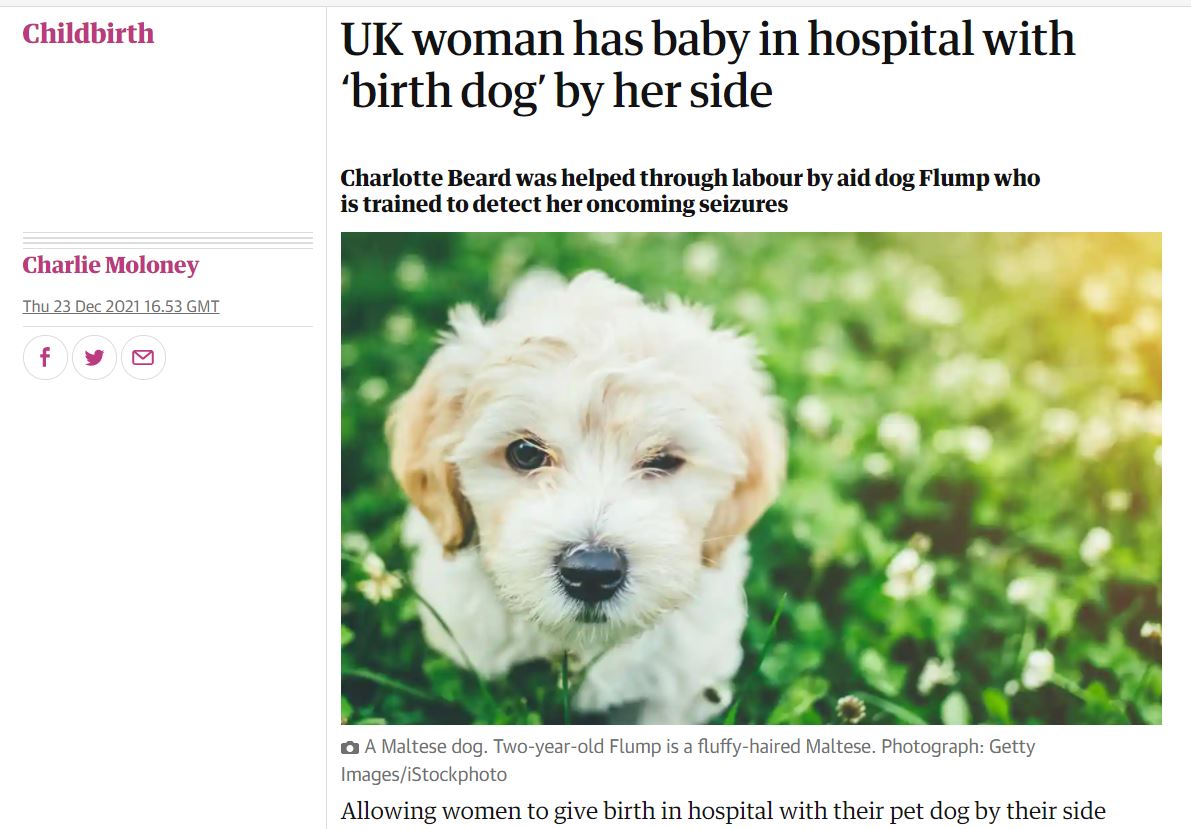 If you are still searching for some inspiration for Festival of Learning 2017, you can find our previous blog post here with some suggestions for engaging events. But most importantly, make sure you come along to one of our drop-in ‘Support for developing your idea sessions’ and talk to us! Additionally, we’re also offering a bookable training session for you to find out more about ‘Developing a public engagement event’. Please book your place via OD.
If you are still searching for some inspiration for Festival of Learning 2017, you can find our previous blog post here with some suggestions for engaging events. But most importantly, make sure you come along to one of our drop-in ‘Support for developing your idea sessions’ and talk to us! Additionally, we’re also offering a bookable training session for you to find out more about ‘Developing a public engagement event’. Please book your place via OD.
You may have already planned your event and now looking for ways of making it more appealing to members of the public. Regardless of the stage of event planning that you are at, we have a few extra ideas to give your event a boost!
The forefront of gene therapy
This event was a presentation from two experts Michael Linden and Nick Clarke, exploring how viruses can be used as tools to replace or repair faulty genes. To boost the interest of the audience and get them more engaged, the academics used an interactive voting system. Through the presentation they had some fun questions for the audience, related to genetics in general but not necessarily to the actual research. Examples of questions that captured audience’s attention were:
What percentage of genes do we share with a cabbage?
What percentage of genes do we share with bananas?
You may be surprised to know that humans share 50% of genes with bananas and 45% with cabbage.
Antarctic ice shelves
During this presentation Bernd Kulessa and Suzanne Bevan shared their tales from ten years of working in Antarctica. To give the audience a better idea of what life in the frozen wilderness looks like, the academics used not only photographs, but also 3D google maps. The maps show all of the stops they made on the journey to Antarctica, which not only added different dimension to the talk but also made it more personal.
The secret life of animals
How do you track whales diving deep underwater or birds flying high above us? Rory Wilson has developed pioneering electronic tags that allow researchers to monitor movement, behaviour, energy exposure, temperature and feeding patterns of hard-to-observe animals. Sounds interesting, but how do you translate these readings in simplified language to ensure your audience stays engaged? You simply organise for someone in penguin costume to copy the movement readings of actual penguin, while planking on a chair!

These events took place as part of the British Science Festival in Swansea, 2016.


 If you are still searching for some inspiration for
If you are still searching for some inspiration for 














 BU attendance at third annual GCPHR meeting in June
BU attendance at third annual GCPHR meeting in June Interactive Tangible and Intangible Heritage Applications – BU student work featured in new book chapter
Interactive Tangible and Intangible Heritage Applications – BU student work featured in new book chapter Second NIHR MIHERC meeting in Bournemouth this week
Second NIHR MIHERC meeting in Bournemouth this week MSCA Postdoctoral Fellowships 2025 Call
MSCA Postdoctoral Fellowships 2025 Call ERC Advanced Grant 2025 Webinar
ERC Advanced Grant 2025 Webinar Horizon Europe Work Programme 2025 Published
Horizon Europe Work Programme 2025 Published Horizon Europe 2025 Work Programme pre-Published
Horizon Europe 2025 Work Programme pre-Published Update on UKRO services
Update on UKRO services European research project exploring use of ‘virtual twins’ to better manage metabolic associated fatty liver disease
European research project exploring use of ‘virtual twins’ to better manage metabolic associated fatty liver disease